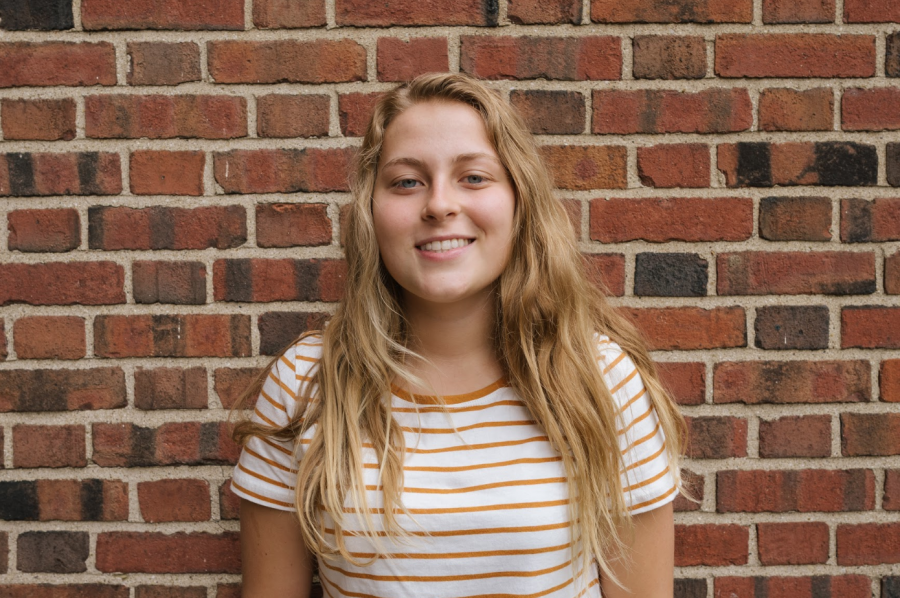I have been a journalist all through high school, and in some situations, it’s been hard to decide whether to be a reporter or a regular kid.
My freshman year, when friends and family admonished me because The Shakerite published a story when former social studies teacher Timothy Mitchell wasn’t indicted — and another story when he later was — I defensively tried to explain that there had been two rulings, but it seemed that no one understood the distinction.
Later that year, there was a lockdown during my Spanish class, and I wasn’t sure whether to be frightened or start interviewing my classmates.
My sophomore year, I wanted to stand in solidarity with the 17 Parkland shooting victims. But, I knew that if I reported on the March 14 protest, I would have to stand to the side. I didn’t know what to do. I was stumped.
Ultimately, I reported on the 500 students who stood in a circle on the turf field for 17 minutes in 27-degree weather because that historic event needed to be documented.
The importance of journalism, in my mind, is to amplify voices that go unheard and inform the community about important events, ideas, problems and accomplishments. If I had participated instead of writing that story, there’s no way the 1,943 people in the U.S. and 49 people from 13 different countries who read it would have known about Shaker’s walkout.
That same day, students, nearly all African-American, staged a sit-in outside the main office and along the first-floor hallways. They argued that the principal had exercised a racially-motivated double standard when it came to protests. I wanted to join them, but I told my biology teacher I had to use the restroom — and started to interview anybody willing to talk.
My junior year, my mom told me she had been raped when she was 23 years old. I wanted to write a column about that crime and how it shaped our lives. I worried it would be insensitive, but I checked with my mom and got her approval. As long as sharing what I had learned helped one student who needed to see a survivor’s story, publishing that column was worth it.
Later that year, I awoke to a text that Woodbury teacher Aisha Fraser’s estranged husband had stabbed her to death in her driveway. I was shocked. I never thought someone I knew could be murdered. I saw two texts from editors saying that they didn’t want to cover her death be- cause it would have been too emotionally difficult. Even though I was never Fraser’s student, I felt a duty to document her story. And it got really hard. But I don’t regret writing the obituary; it helped others begin healing.
When the high school went into lockdown because of fights Nov. 22 during seventh period, my friends and family asked if I needed a ride home because they were scared about the rumors of weapons and threats. “No, thank you. I am on the story,” I said. Forty-five minutes after the school day ended, we published it.
After nearly four years at The Shakerite, I realized that when life happens, I have to react. I have to be sensitive to everyone’s feelings and make the most humane decision. So, I hope at least some readers find something helpful in this issue, whether it’s a chance to think about educational tracking or police accountability or committing to a social justice movement.
Because for this issue, we were all journalists.
Mae Nagusky
Editor in Chief
A version of this editor’s note appears in print on page 3 of Volume 90, Issue 1 published Dec. 9, 2019. It was retroactively published to Shakerite.com in 2023.

